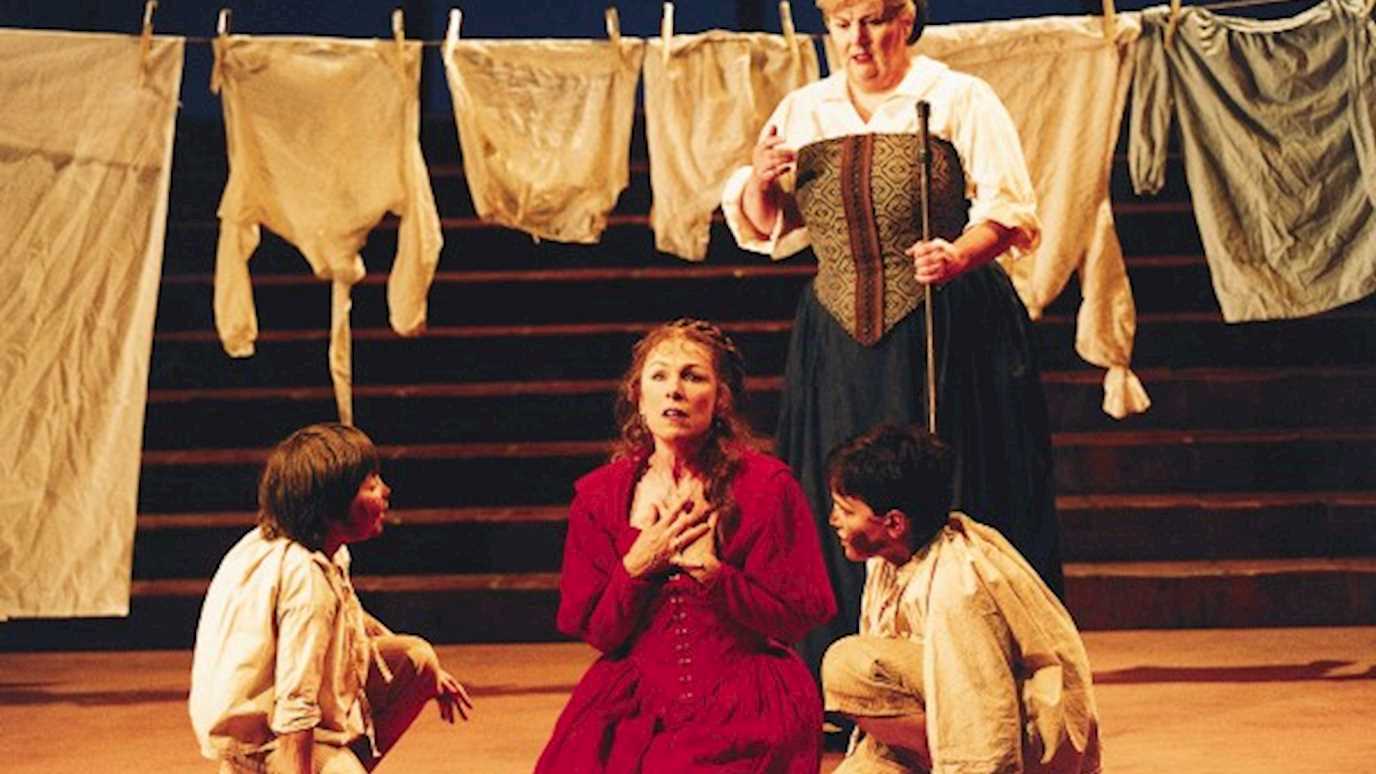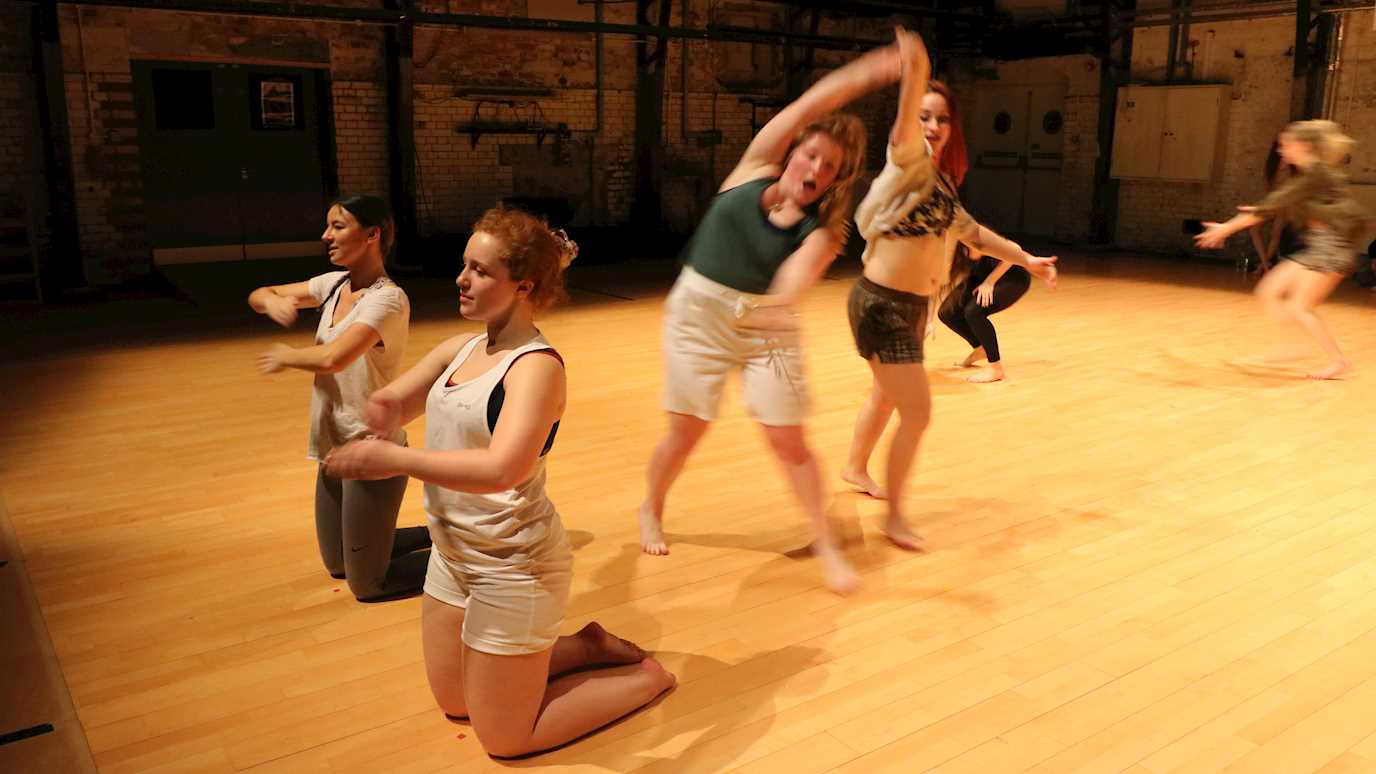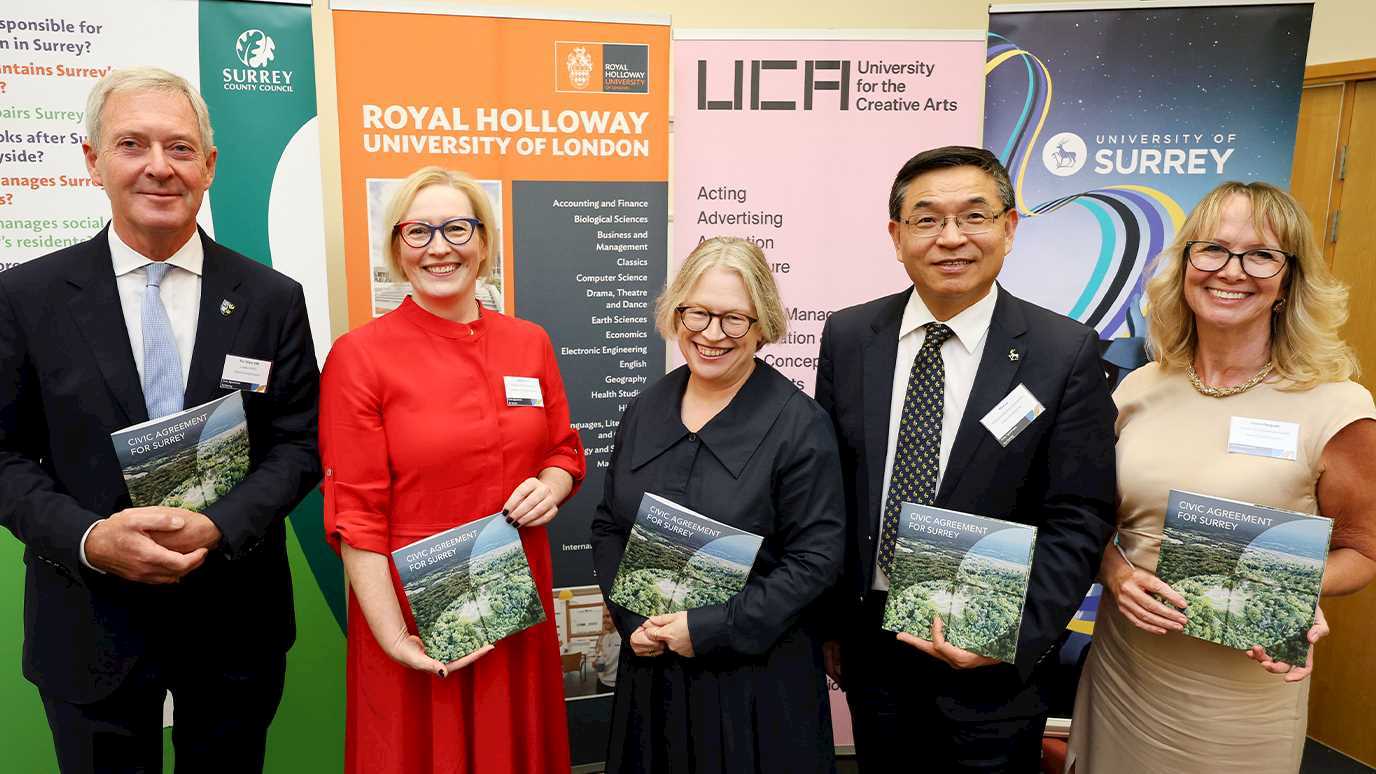Academics from Royal Holloway, University of London alongside the Equity Women’s Committee are calling on actors up and down the country to complete a survey that aims to explore the ways in which actors have had to change their appearances for work.

To complete the survey, which is open to all UK-based professional actors, visit
https://tinyurl.com/makinganappearance.
The survey is part of the wider Arts and Humanities Research Council funded project, Making an Appearance, which investigates actors’ experiences of aesthetic labour and the policing of performers’ appearances within the UK performance industry.
Aesthetic labour describes the work individuals undertake to create or maintain an appearance that is seen as employable. In the case of actors, its focus is on producing a body which is seen as ‘castable’ and so is tied up with issues of identity, type-casting and representation.
The project aims to lay the foundations for policy development in the performance industry by foregrounding the extent of aesthetic labour in professional performance contexts and the financial, social and emotional impact it has on the workforce. A report into the findings of the study will be released in the autumn.
Dr Sara Reimers, project researcher from the Centre for Contemporary British Theatre at Royal Holloway, said: “Whether it’s growing a beard or losing weight for a role, actors carry their work with them long after their working day ends. For years we’ve known that actors are under considerable pressure to look a particular way.
“I’m delighted to be heading up this ground-breaking research collaboration to explore what those pressures are and where they come from.
“By learning from the experiences of actors I hope we can improve the industry for those working in it. It’s also important that the general public know the way these pressures influence who represents us on stage and screen.”
Project collaborator and Chair of the Equity Women’s Committee, Kelly Burke, added: "Equity's Women’s Committee is very excited to be part of this research.
"Aesthetic labour plays an integral part in the working lives of both women and men — but the fact that it is so rarely talked about means that we are unable to challenge it when it becomes problematic.
"We hope this research will enable us to reconsider our basic assumptions around what constitutes an 'acceptable' appearance, and start to develop a healthier and more inclusive conversation around it in our industry."

























